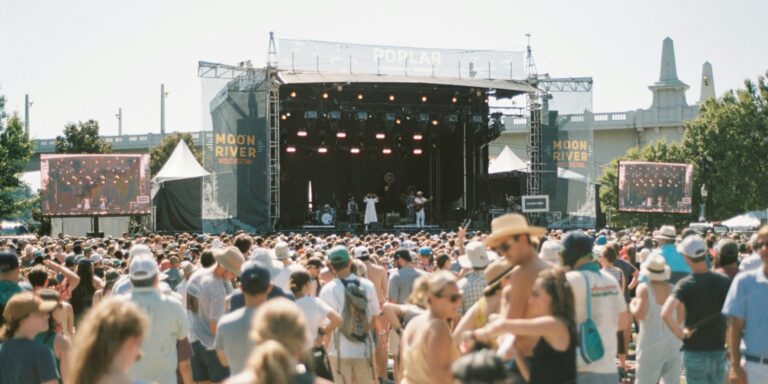Bridgeport’s Soundside Music Festival, once viewed as a cornerstone of Connecticut’s live music scene, has been officially canceled just weeks before its scheduled 2025 return. The event—formerly known as Sound on Sound—was slated for late September in Seaside Park but was abruptly called off by organizers citing “circumstances beyond our control.” The vague explanation comes amid mounting signs of financial instability, weak ticket sales, and restructured partnerships.
City officials expressed frustration, revealing they were not consulted in advance and learned of the cancellation only after it had been finalized. The city had projected around $500,000 in revenue from the event, largely through park rental fees tied to ticket sales. That figure was already factored into Bridgeport’s 2025–26 fiscal budget, meaning the city now faces an unexpected shortfall at the start of the new financial year.
The 2025 lineup, which included major acts like The Killers, Weezer, Hozier, and Vampire Weekend, failed to generate sufficient buzz with ticket buyers. According to local feedback, the excitement that drove attendance in previous years simply didn’t materialize this time. The festival, which once drew over 57,000 attendees in its inaugural year, struggled to reach similar sales despite the well-known performers. This suggests not just lineup fatigue but a more systemic challenge in competing for attention in a saturated market.
Local food and beverage vendors have also been hit hard by the sudden cancellation. More than 50 Connecticut-based businesses were slated to participate, many of which declined other opportunities to be part of Soundside. Several vendors now report losing thousands of dollars in potential income—some as much as $20,000—after investing in preparation and inventory. While organizers have pledged to refund participation fees, the economic damage for small, independent businesses may be difficult to recover.
The demise of Soundside highlights the broader risks inherent in mid-sized music festivals. These events operate in a high-stakes environment, balancing rising artist fees, substantial production costs, and increasingly fragmented consumer attention. Even with a history of strong attendance, such festivals face significant headwinds, especially if early ticket sales underperform. The challenges become more acute when competing with mega-festivals like Coachella or Lollapalooza, which command global marketing power and brand loyalty.
Festival economics are also shifting. More consumers are now seeking unique, localized experiences or are becoming more selective due to rising ticket prices and economic uncertainty. At the same time, artists are leveraging their popularity to demand higher appearance fees, placing further pressure on event organizers to sell out or risk financial loss. For Soundside, the gamble didn’t pay off in 2025.
Bridgeport officials are now evaluating how to address the budget shortfall. Some have indicated that alternative sources of funding or strategic cuts may offset the immediate impact. But longer-term questions remain about whether Soundside—or any similar festival—can regain viability in this evolving market. Without rethinking its format, pricing, or promotional strategies, a 2026 return may be difficult to justify.
The Soundside cancellation is not an isolated incident. Across the U.S., several mid-tier festivals have struggled or folded in recent years, caught between the extremes of hyperlocal community events and globally branded spectacles. This trend underscores how delicate the balance is in the live events industry and how quickly momentum can fade when financial planning, audience engagement, and logistical execution don’t align.
As Bridgeport and other cities continue to embrace festivals as economic and cultural engines, the lesson from Soundside is clear: success in today’s live music market requires not just big names and good intentions, but sharp business strategy, adaptability, and deeper connections with the communities they aim to serve.


